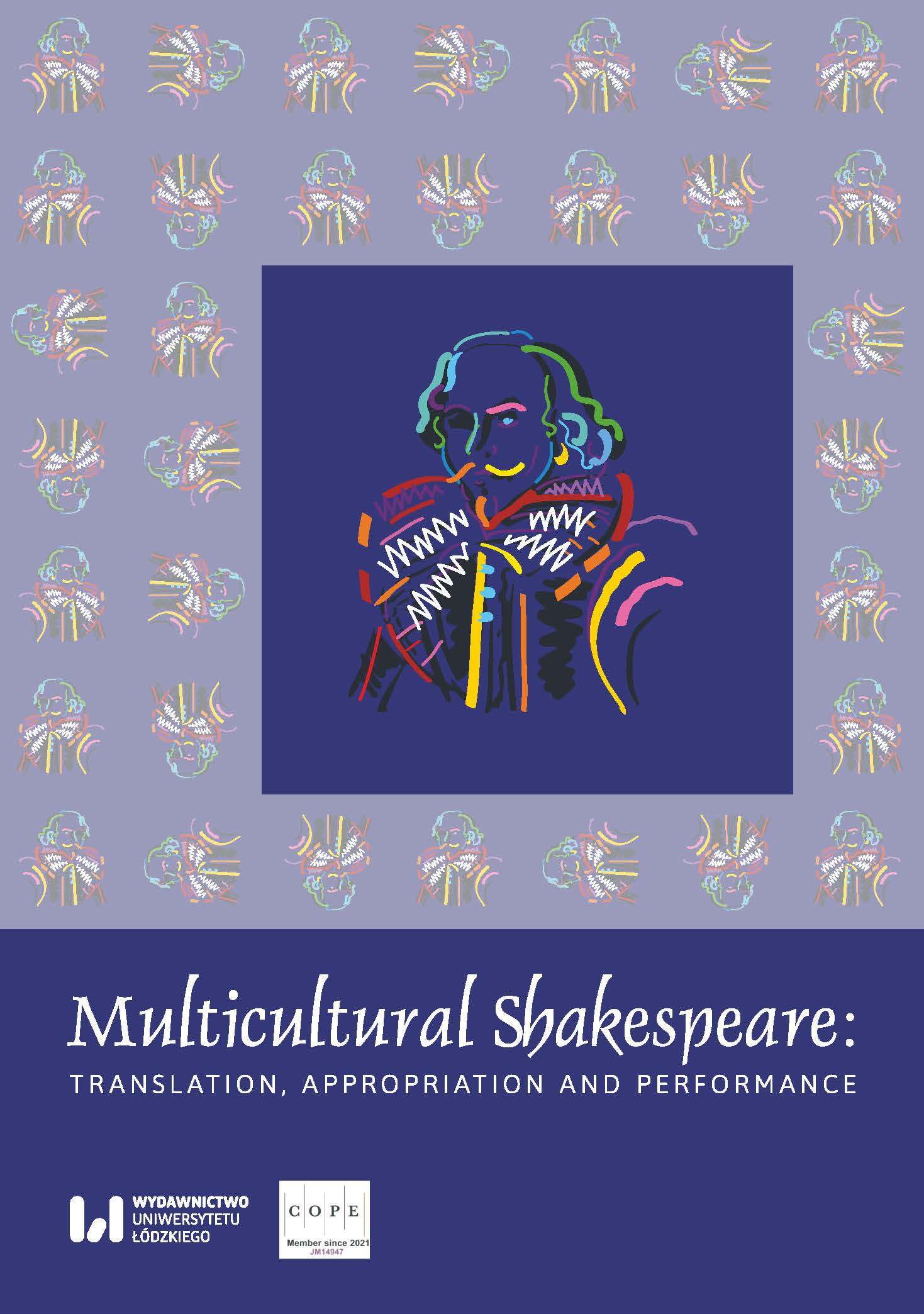Introduction: East-Central and Central-East Europe as an Imagined Space for Shakespeare
DOI:
https://doi.org/10.18778/2083-8530.28.01Abstract
The publication of the issue was supported by the International Visegrad Fund, project no. 22210007, titled “Crossing Borders with Shakespeare since 1945: Central and Eastern European Roots and Routes.” The project is co-financed by the Governments of the Czechia, Hungary, Poland and Slovakia through Visegrad Grants. The mission of the Fund is to advance ideas for sustainable regional cooperation in Central Europe.
Downloads
References
Theatralia. Vol. 24, Special Issue (2021), guest edited by Kinga Földváry and Zsolt Almási. https://journals.phil.muni.cz/theatralia/issue/view/1824 Accessed 23 October 2023.
Google Scholar
Downloads
Published
How to Cite
Issue
Section
License

This work is licensed under a Creative Commons Attribution-NonCommercial-NoDerivatives 4.0 International License.
Funding data
-
International Visegrad Fund
Grant numbers Project no. 22210007, titled “Crossing Borders with Shakespeare since 1945: Central and Eastern European Roots and Routes.”












